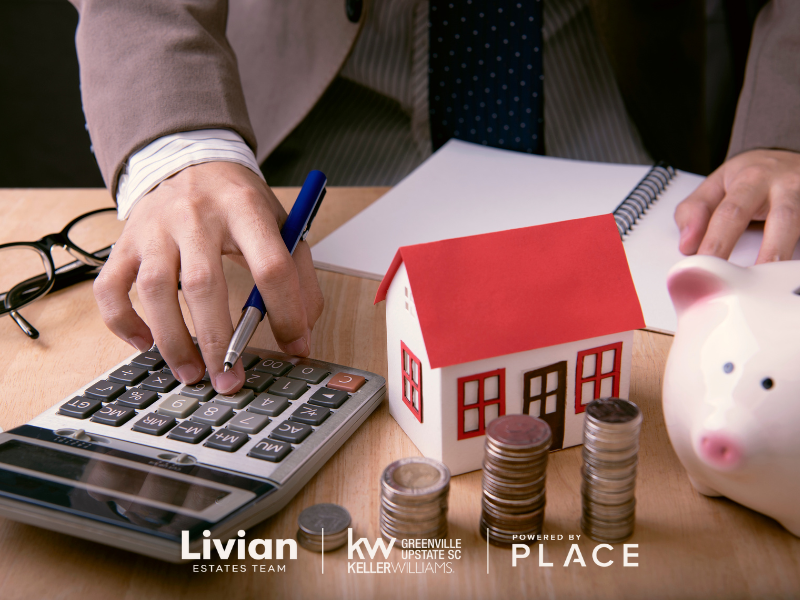Categories
Home BuyingPublished June 18, 2025
Why You Shouldn’t Max Out Your Budget When Buying a Home

Buying a home is exciting, especially when you get that pre-approval letter showing a big number. It’s tempting to shop right at the top of that limit. But just because you can buy a $400,000 house doesn’t mean you should.
Leaving breathing room in your budget can protect your finances, reduce stress, and give you flexibility when life changes. Let’s look at why it pays to stay below your max.
Why Does the Bank Approve Me for So Much?
Lenders base your approval on income, debts, credit score, and a few standard assumptions. They don’t always factor in your real lifestyle, goals, or unexpected expenses.
Let’s say you earn $7,000 a month. The bank might say you can afford a mortgage with a $2,500 monthly payment. But that leaves less room for savings, travel, daycare, or future repairs.
Their job is to tell you what fits on paper. Your job is to figure out what fits in your life.
What About the Hidden Costs of Owning a Home?
Your monthly payment isn’t the full picture. Owning a home comes with new expenses you may not have had as a renter.
Some of the most common include:
-
Maintenance and repairs. HVAC systems break. Roofs age. Appliances need replacing.
-
Property taxes and insurance. These can rise over time. They’re also tied to the home’s value.
-
HOA fees. If you’re in a community with shared amenities, monthly or yearly fees may apply.
-
Utilities. Larger homes mean higher electric, gas, or water bills.
-
Furnishing and upgrades. Many buyers forget to budget for curtains, furniture, or a fresh coat of paint.
If you buy a home right at the edge of your financial limit, these costs can leave you feeling stretched thin.
What Happens If You Push Too Far?
Imagine putting all your savings toward a down payment and closing costs, only to discover your roof needs replacing next year. If you’ve maxed out your loan and drained your savings, you’ll feel trapped.
When your mortgage eats up too much of your paycheck, other things get pushed aside: travel, dining out, savings for emergencies, even basic peace of mind.
Financial stress can quickly sour the joy of owning your home.
Ask yourself: If your job changed, a baby came along, or your car broke down, could you still afford your house comfortably?

What’s a Better Way to Set a Budget?
Start with what you’re comfortable paying monthly, not what the bank says you can afford.
Here’s a simple rule of thumb: keep your mortgage, taxes, and insurance at or below 28–30% of your gross monthly income.
If you’re approved for a $400,000 mortgage, consider looking at homes in the $325,000 to $350,000 range. That gives you room for surprise costs or life changes without panic.
Also, leave some cash in savings after closing. A healthy emergency fund is key.
A Real Example: Leaving Room and Gaining Peace
A couple buying their first home in Greenville, SC, got pre-approved for $420,000. They were tempted to look at the top of their budget but decided to cap their search at $360,000.
They found a three-bedroom home in a great school zone for $355,000. It needed fewer upgrades than some of the more expensive homes. Because they kept a financial cushion, they could afford to furnish the nursery when they found out a baby was on the way.
They also had room in the budget to handle rising insurance rates and HOA dues a year later, without changing their lifestyle.
So, Should You Buy at the Top of Your Budget?
Only if you’ve looked at all the numbers and still feel confident.
In some markets, you may need to stretch closer to your limit to get the home you want. That’s okay, but go in with your eyes open. Budget for the total cost of homeownership, not just the loan.
Ask yourself: What kind of monthly payment would still feel comfortable if your job changed or your expenses increased?
Talk to your lender or agent about your real comfort zone—not just your approval limit. The goal isn’t just to get the house. It’s to love living in it without financial regret.





